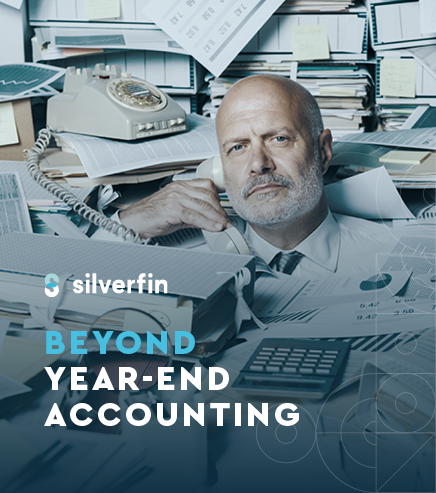A recently published report highlights the remarkable resilience of the UK’s accountancy sector amidst growing complexity and change.
The “UK Accountancy Sector Outlook Report 2024-2025” delivers insights from a survey of over 100 top accountancy firms. Senior managers were asked their views on the previous 12 months and the outlook for 2025. Their responses show that, despite several macroeconomic and industry-specific challenges, the sector is optimistic about growth.
This is especially true for large-size firms, whose leaders were the most optimistic and focused on global expansion and consolidating positions. Small and mid-sized businesses were more cautious and expected to be able to leverage their flexibility to their advantage in meeting growth objectives.
Overall, the sector shows confidence that it will continue to grow in 2025 and 2026, driven by innovation, technology, and sustainability initiatives. This is despite current challenges in talent, cybersecurity, and regulatory change.
Key trends
The report outlines several key trends that may shape the sector in the coming years, with advanced technology as a pivotal enabler.
- Advisory services: Clients increasingly seek strategic advice about corporate finance, business recovery and digital transformation, and larger accounting firms have provided advisory services for some years. A recent development, however, is the movement of medium and small-sized accountancy firms into this space, tempering revenue for larger firms.
- Technology adoption: The increase in technology spend is substantial, with 75% of firms investing in cloud accounting, automation, and big data analytics. Nearly a third (30%) of firms already use AI, with another 23% planning to incorporate AI by 2025. Large firms prioritise technology optimisation, while smaller firms take an incremental approach to tech adoption.
- Digitalisation: Digital transformation has become an urgent priority for many firms, as it is key to competitive standing. Digitalisation helps simplify and streamline processes while enhancing organisational capacity, which is vital in an increasingly complex and shifting environment.
- Environmental, social and environmental objectives: ESG objectives continue to rise in prominence and expand in scope, with 87.5% of large firms focussing on social responsibility and 91.7% of mid-sized firms aiming to reduce their environmental impact.
The vital need for connected technology
These trends highlight the major shift in purpose, services and business models for the accountancy sector. Firms are expected to deliver much more than simple accounting tasks and compliance obligations. The need for advisory services is rapidly expanding, and if accountancy firms are to stay competitive, they need to be able to quickly access, analyse and extract valuable insights from their clients’ data.
Silverfin provides cloud-based datahubs, a reliable and secure store of client data, accessible on any device. Centralised, standardised and easily accessible data facilitates the introduction of AI, which reduces time-consuming tasks and allows accountants to spend more time on research and investigation. Silverfin’s powerful technology provides the ability to filter and analyse data to granular detail, identifying key insights that support decision-making.
“We believe that accountants of the future will be data-driven advisors above all else.” – Lynne Walker, Partner and Head of Business Advisory, Johnston Carmichael
Usually not as well-resourced as their bigger competitors, smaller firms need to rationalise their processes and work smarter. More than two-thirds, 67%, of mid-sized and SMBs say they are challenged with talent acquisition, won’t have as much budget to spend on cybersecurity and are more likely to be overwhelmed by regulatory compliance tasks.
The path forward
With the pressure of inflation and economic uncertainty, the majority of respondents, 70%, anticipate using M&A and private equity to fund their investment in technology and scale their businesses. This number reflects the recent growth in private equity investment in the accounting market. Private investors seek the stability and great returns the sector offers, while accountancy firms can future proof their business and achieve growth objectives.
Although private equity tends to favour larger firms, smaller accountancy firms can attract investment by demonstrating their readiness for growth. Investment begets investment, particularly in the realm of technology. Investors seek out firms that are already cloud-based, with standardised processes, improved efficiencies, and a focus on high-value services.
Discover the power of enhanced accounting with Silverfin.
















